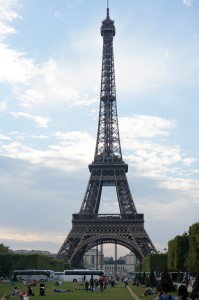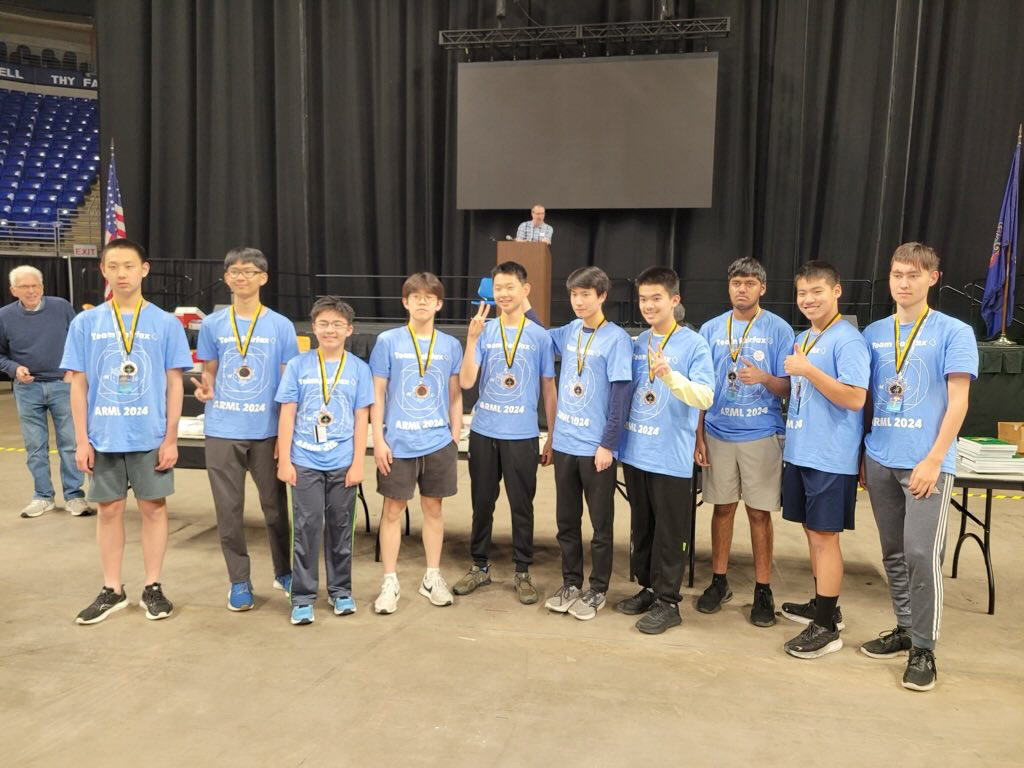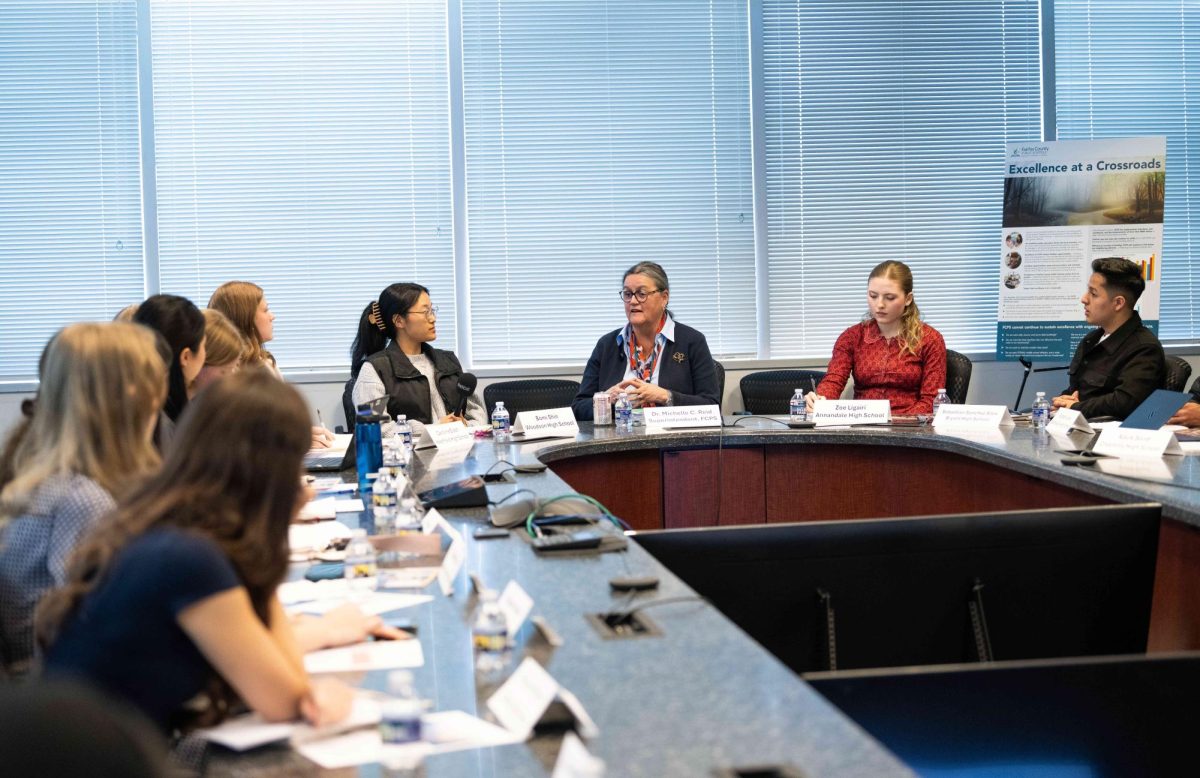
Over 3,800 miles from McLean, Virginia lies one of the more prominent cities in the globe. Hailed as the home of liberty, equality and fraternity, and regarded as a source of creativity and revolution, Paris has always had an impact on people across the globe. The capital of France, being home to a diverse group of people, has been a cosmopolitan city and tourist center for years. In fact, Paris’s appeal has brought France over 84 million tourists annually, the most of any country in the world according to the French government.
When seven terrorists from the Islamic State of Iraq and the Levant (ISIL) attacked major venues in the city of Paris on Nov. 13 and 14, shock waves permeated the entire globe through social and news media. The Stade de France, the country’s largest stadium and the Bataclan Theatre were two of the major venues that ISIL targeted where the death toll was unusually high. In total, over 130 people died in what was the deadliest terror incident on French soil since World War II.
The reaction to the attacks was swift – Facebook created new filters based off the French flag to encourage its users to promote solidarity with the victims of the attack; on Twitter the hashtag #PrayforParis was created and spread awareness throughout the world.
These attacks were the second of two major terrorist attacks in the city this year, the first being the January attack on the offices of the Charlie Hebdo magazine, which killed 12 people. This contributed to a sense of fear and danger in the city as well as around the world.
“The mood in Paris is one of more caution and fear. One of the attacks actually occurred very close to my cousin’s school. My family says they saw over eight guards in one day after the attacks,” said sophomore Nour Khachemoune, whose family resides in the city.
This sense of fear has permeated through the international political scene, causing the rise of far-right parties and candidates that espouse Islamophobic messages.
“The mood is tense. People are anxious and afraid. There is some xenophobia and Islamophobia. [My family] has seen instances of bigotry and discrimination,” said freshman Jeremy Siegel, whose family also resides in Paris.
In France, the far-right Front National party, which previously had anti-Semitic roots, led the first round of regional elections this month against the ruling Socialist party and centre-right Republicans, before being defeated in the second round when the Socialists and Republicans consolidated their votes. The leader of the Front National, Marine Le Pen, was on trial earlier this year for hate speech against Muslims.
“There have been feelings of resentment towards Muslims [in France] for a long time. My family has thankfully not seen any hostility towards them or immigrants in person,” Khachemoune, a Muslim, said.
In the United States, a similar effect has been observed. Republican Party candidate Donald J. Trump has called for “a complete and total shutdown of Muslims entering the United States” due to fear over potential terrorist threats from ISIL.
“The remarks of American politicians are ridiculous. Through these remarks, we start to see dozens of hate crimes against Muslims,” Siegel said.
As the United States presidential race heats up, proposals such as the one above continue to be intensely debated.
“Terror can come from anyone who is twisted enough to kill innocent people. Punishing people due to their race or religion is an illogical decision that has never worked in the past,” Khachemoune said.
Overall, many members of the McLean community were profoundly affected by these attacks having family and friends living in the city. The global scale of the attacks which sparked reactions in the political and social world show just how interconnected the world is today. From even 3,800 miles away, the terrorist attacks in Paris have struck a chord in the lives of McLean students and residents.








